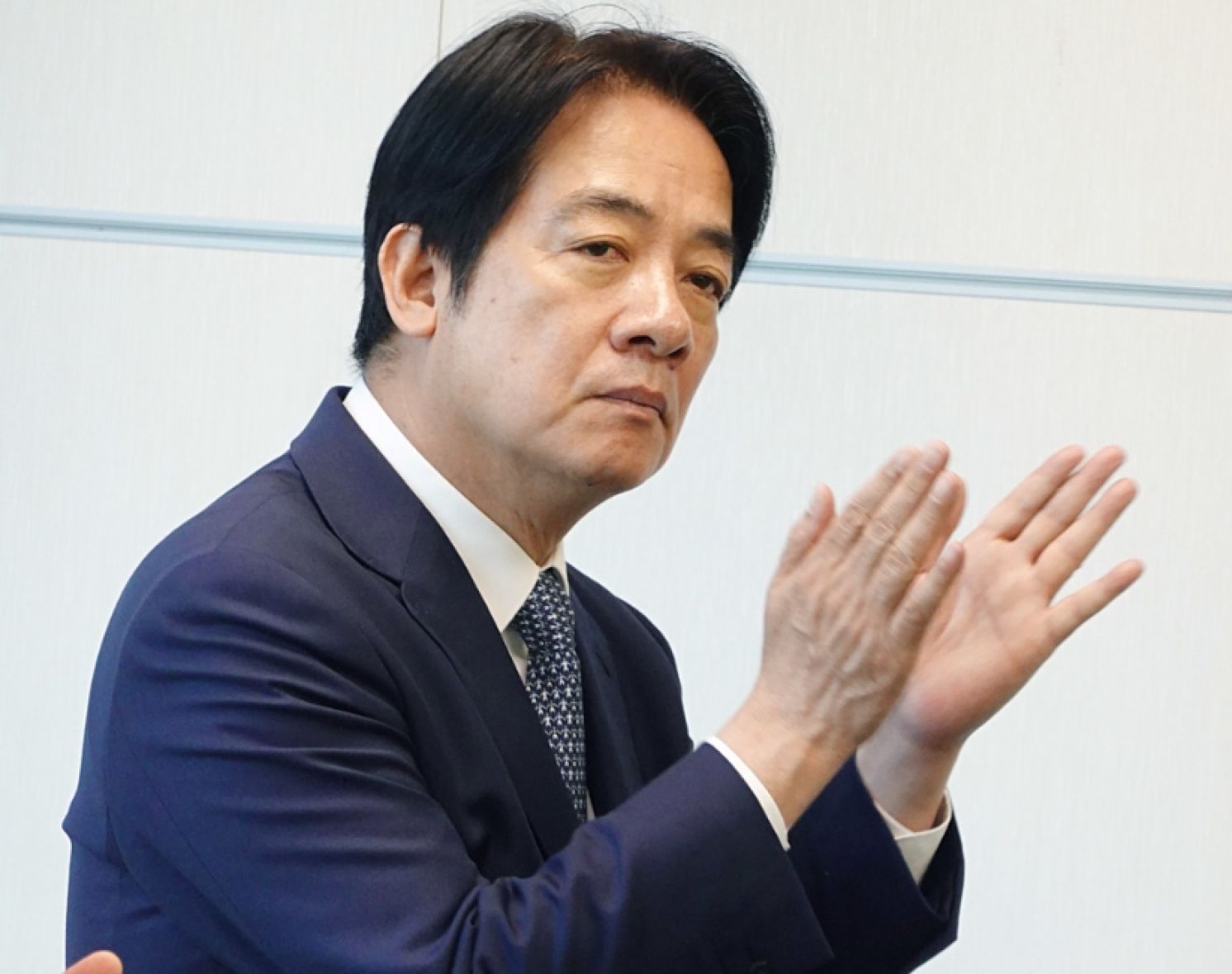
Lai Enters Center Stage Amid Public Discontent
United Daily News Editorial, January 14, 2024
The results of the 2024 general election have been announced. Democratic Progressive Party (DPP) presidential candidate William Lai emerged victorious with just 40 percent of the vote, marking what can be described as a rather meager triumph. This outcome reflects a decline of nearly 2.5 million votes compared to the 8.17 million votes garnered by President Tsai Ing-wen in the previous election.
In terms of legislative seats, the DPP has experienced a decrease of more than 10, relinquishing its position as the largest party in the Legislative Yuan to the Kuomintang (KMT). With a minority president and less than half of the legislative seats in the Legislative Yuan, the DPP finds itself in a "double-minority" situation. This not only signifies a loss of its ruling advantage but also suggests a lack of trust from the voters. After eight years of corruption and abuse of power under the Tsai administration, the replacement of President Tsai by Mr. Lai will be closely scrutinized by the opposition parties.
The atmosphere of "removing the DPP from the shelf" was palpable throughout the entire election campaign. Judging from the voting results, 60 percent of the voters favored the KMT and Taiwan People’s Party (TPP), expressing clear discontent with the DPP. This underscores widespread dissatisfaction with the Tsai administration within Taiwanese society. Unfortunately, the anticipated alliance between the KMT and TPP did not materialize, and Mr. Lai was elected amidst significant disapproval from the public.
Mr. Lai now faces the daunting task of inheriting the policy challenges left by President Tsai. Additionally, he must navigate the public's resentment toward the DPP's perceived corruption and wrongdoing. Mr. Lai is set to confront robust scrutiny from the KMT and TPP in the Legislative Yuan.
In this election, voters initially harbored high expectations for a "party change," yet various factors thwarted the realization of this opportunity. A prominent factor contributing to the collapse of KMT-TPP alliance talks was TPP presidential candidate Ko Wen-je's insistence on being the presidential candidate on a joint ticket with the KMT, based on his own polling data indicating he was in the lead. However, the election results unveiled that, despite garnering substantial support among the youth, Mr. Ko's overall vote share amounted to a mere 26 percent, ranking him third, behind KMT presidential candidate Hou Yu-ih. Mr. Ko's self-proclaimed "scientific opinion polls" failed to withstand the reality of the election.
Furthermore, in legislative elections, the party vote obtained by the TPP was even lower at 22 percent, electing eight legislators-at-large. This underscores Mr. Ko's proficiency in creating personal charisma but highlights a significant deficiency in organizational capability. While he successfully cultivated his own charismatic image, Mr. Ko struggled to transfer this energy to his party. Consequently, he inadvertently buried the public's hopes for a change in ruling parties.
The KMT has been out of power for eight years. Unfortunately, due to the lack of a sound campaign strategy and organization, the party, with deep regret, has been unable to regain ruling power. Both the vote share and the final count obtained by the KMT’s Hou and Jaw Shaw-kong ticket in 2024 were lower than those attained by the Han Kuo-yu and Chang Shan-cheng ticket in 2020. This indicates that the KMT did not even secure all the basic supporters of the KMT.
Of course, this is partly due to the constraints imposed by Terry Guo at the early stage of the nomination process and the subsequent failure of the KMT-TPP joint ticket. However, Mr. Hou's lack of preparation before the election was also a major factor. What is more worrying is that the KMT has been discredited by the DPP for a long time and is universally unattractive to young voters. The party also lacks a mechanism for the long-term cultivation of young talent, resulting in struggles throughout the campaign. If the situation remains the same for the next four years, it is impossible to see any chance of the KMT returning to power.
Fortunately, many young faces have emerged in the KMT's nominations for the legislature this time, and they seem to have grasped the changing dynamics of society. Notably, numerous young party members have secured seats through successful campaigning, resulting in a significant increase in the KMT's representation in the Legislative Yuan by more than 10 seats. Although they have not yet attained an absolute majority, they have taken the lead by aligning with two independent but pro-KMT legislators Kao Chin Su-mei and Chen Chao-ming.
The KMT must capitalize on this opportunity to enact and amend beneficial laws for the people, and closely monitor the DPP administration to regain the public's trust.
Over the past eight years, the Tsai administration, enjoying both presidential and congressional majorities, has seemingly exercised its power unchecked, often disregarding public opinion. Now that Mr. Lai is posited to assume power, should he choose to emulate the approach of a "minority government" as seen during former President Chen Shui-bian's tenure from 2000 to 2008—consolidating power and pursuing personal agendas despite opposition—how can Mr. Lai’s incoming administration achieve its goals when 60 percent of voters have already expressed their stance against the DPP?
From a perspective of checks and balances, even though Mr. Lai was elected president with 40 percent of the votes, the DPP has lost absolute majority in the Legislative Yuan. This presents a significant challenge for President Lai, as it indicates a clear test by the voters. If Mr. Lai chooses to follow the footsteps of former presidents Chen and Tsai, persisting in a course that disregards broader consensus, obstacles within his administration and public grievances are likely to escalate. Such an approach could potentially lead to wider repercussions, affecting the entire DPP. Is Taiwan's “golden grandson of independence” destined to become the terminator of the DPP?